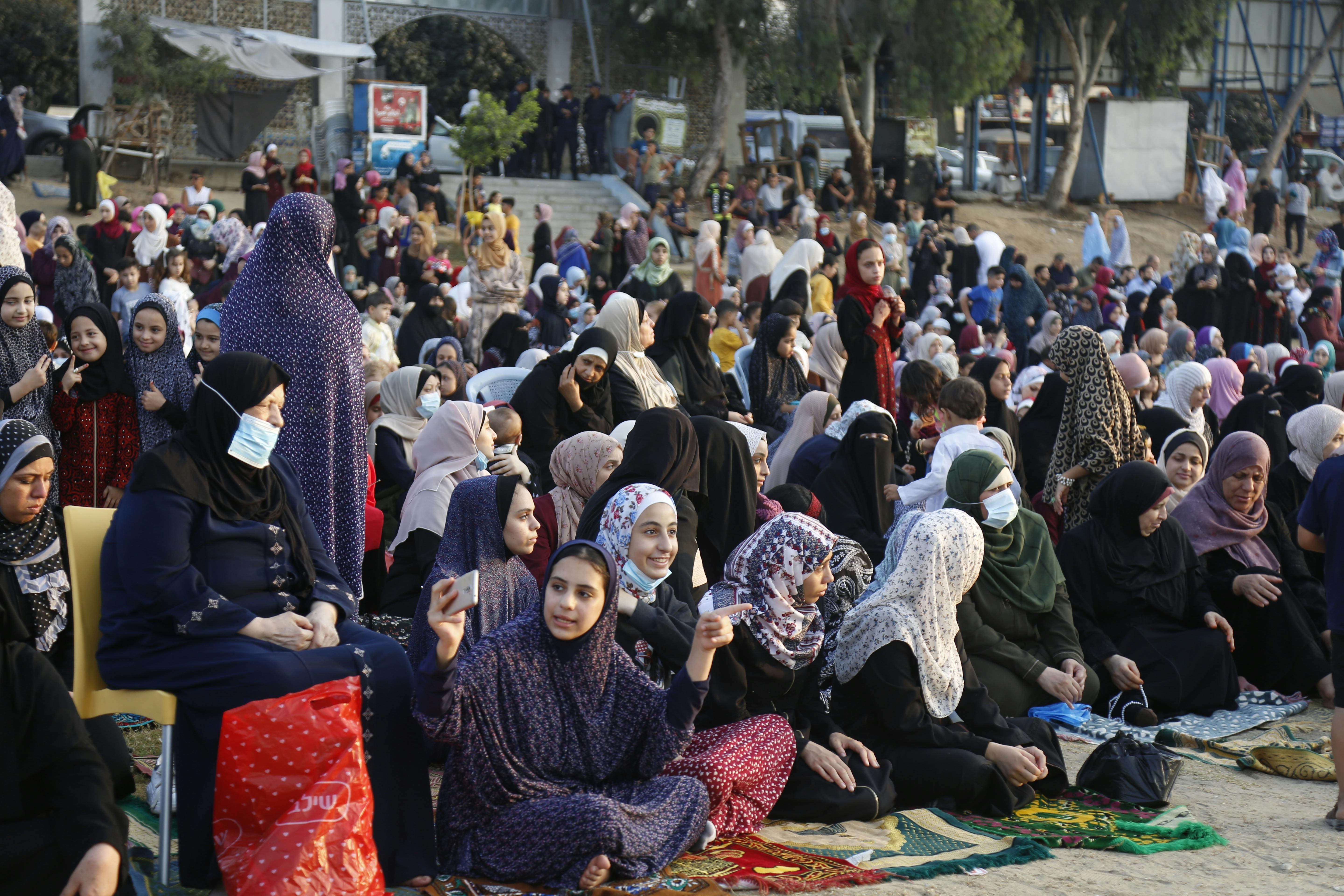The Dynamics Of Ceasefire Negotiations In Conflict Zones: A Closer Look At The Israel-Hamas Talks In Qatar

In the labyrinth of international diplomacy, the art of negotiating ceasefires in conflict zones is both a science and a high-wire act, demanding a blend of strategic acumen, patience, and, at times, sheer willpower to bridge chasms of mistrust. The recent impasse in ceasefire talks between Israel and Hamas, hosted in Qatar, underscores the fragility and complexity of such negotiations. This article aims to dissect the dynamics of these critical yet precarious discussions, using the Israel-Hamas scenario as a prism through which to examine broader themes relevant to conflict resolution worldwide.
Background and Historical Context
The Israel-Hamas conflict, a protracted and deeply entrenched struggle, has seen numerous flare-ups that devastate communities, economies, and psyches on both sides. Historical attempts at ceasefires have been temporary bandaids, often giving way to the next cycle of violence. Qatar's involvement as a mediator, alongside Egypt's longer-standing role, represents the international community's ongoing efforts to secure peace in a region marred by decades of conflict.
The Mechanics of Ceasefire Negotiations
Ceasefire talks are intricate, often involving phased negotiations that tackle immediate cessation of hostilities, humanitarian access, and the broader political issues underlying the conflict. The strategies of Israel and Hamas reflect their objectives and constraints: Israel's emphasis on security and deterrence against Hamas's demands for lifting blockades and recognition of Palestinian grievances. Mediators like Qatar and Egypt play the delicate role of facilitating dialogue, leveraging diplomatic relations, and sometimes providing economic incentives for peace.
Challenges and Obstacles
The current impasse illuminates the myriad challenges these negotiations face. Israel's recall of its negotiating team, citing Hamas's sabotage, and the counterclaims present a microcosm of the distrust and deep-seated animosities that mediators must navigate. Geopolitical dynamics, including regional rivalries and international pressures, further complicate the landscape. Within both Israel and Hamas, internal divisions and the need to maintain public support add layers of complexity to reaching a consensus.
The Role of International Mediators
Qatar's and Egypt's mediation efforts spotlight the pivotal role of neutral or semi-neutral states in conflict resolution. Qatar, with its significant investments in Gaza and diplomatic ties across the Middle East, aims to broker peace while bolstering its international stature. Egypt, sharing a border with Gaza and a long history of involvement in Israeli-Palestinian affairs, brings a deep understanding of the issues and actors at play. Both, however, face the challenge of balancing regional interests with the imperatives of peace.
Case Studies of Successful Ceasefire Negotiations
Looking beyond the Middle East, successful ceasefire agreements in other conflict zones offer valuable lessons. Whether in the Colombian government's negotiations with FARC or the Mozambique peace process, key success factors include clear communication channels, international support, and, critically, addressing the root causes of conflict rather than merely its symptoms. These cases illustrate the importance of a comprehensive approach that combines immediate ceasefire agreements with long-term political solutions.
The Path Forward
Despite the current deadlock, the history of international diplomacy suggests that talks may resume, driven by the unbearable human cost of continued conflict and the pragmatic interests of the parties involved. The path forward will likely require concessions from both Israel and Hamas, underpinned by security guarantees and economic incentives. International actors, including the United Nations and perhaps new mediators, might play a more prominent role in facilitating negotiations.
The broader implication of the Israel-Hamas talks for global peace efforts is clear: resolving entrenched conflicts demands not only diplomatic skill but a commitment to understanding the deep historical grievances and existential fears that fuel these disputes. As in all negotiations, the goal is not merely to end hostilities but to lay the groundwork for a sustainable peace that addresses the needs and aspirations of all involved.
In conclusion, the ceasefire talks between Israel and Hamas, while currently stalled, offer critical insights into the challenges and potentials of peace negotiations in conflict zones. As the international community watches and, hopefully, contributes to reviving these talks, the ultimate aim must remain clear: transforming the cycle of conflict into a cycle of dialogue, mutual understanding, and, ultimately, peace. The journey is arduous, fraught with setbacks and heartbreak, but the alternative—a future mired in endless conflict—is a far grimmer prospect.
Author: Ricardo Goulart
The Self-Destructive Nature Of Anti-Tourism Protests: Balancing Resident Concerns With Tourism Benefits
In recent years, anti-tourism protests have become increasingly common across popular tourist destinations. From the Bal... Read more
Military And Strategic Implications Of The Ukrainian Drone Attack In Kursk
On a recent morning, the Kursk region in south-western Russia witnessed an unexpected and significant event: a Ukrainian... Read more
Chinese Tech Stocks Gain Ground Despite Wall Street Technology Sell-Off
Chinese tech shares in Hong Kong gained on Friday, defying a technology stock sell-off on Wall Street, driven by strong ... Read more
Defense Pact Between Britain And Germany: A Focus On Cybersecurity And Joint Operations
In a move set to redefine European defense collaboration, Britain and Germany have signed a comprehensive defense pact a... Read more
US Secret Service Director Steps Down After Trump Assassination Attempt
Security lapses admitted by Kimberly Cheatle prompt resignation.Kimberly Cheatle, the head of the US Secret Service, has... Read more
Kamala Harris Promises A Brighter Future In Official Campaign Launch
In a vibrant and impassioned campaign launch, Vice President Kamala Harris vowed to lead America toward a "brighter futu... Read more

